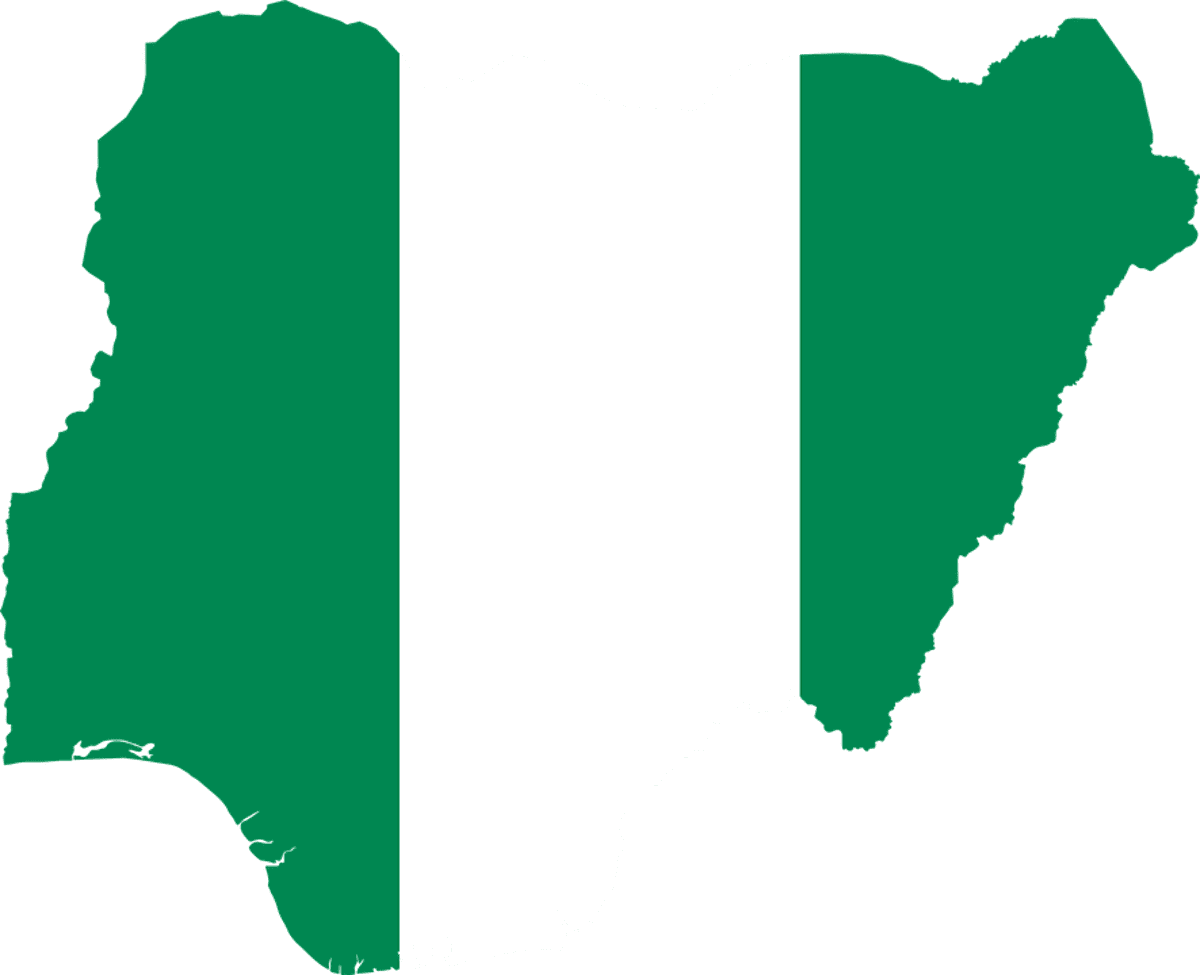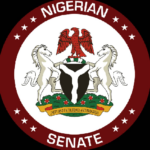Nigeria stands critically at the edge of the precipice. This much is obvious even to the average Nigerians who have had to bear the brunt of bad governance occasioned by deepening insecurities and failing structural assurances. On a daily basis now, and ever on an increasing and frightening levels, Nigerians hear news that speak to their innate fear about things unravelling out of control right before their very eyes. Over the years, my many theoretical analyses and public commentary interventions have been attempts to pluck at the developmental possibilities of the Nigerian state from independence till date. But I must admit that I keep getting stumped by the ever-increasing ways by which the Nigerian condition keeps undermining promising resolutions.
And it is not that informed patriots have not been alarmed and motivated to inject their most enlightened prognoses and diagnoses. One resounding analysis across the public spheres calls for state of emergencies to be declared in most of Nigeria’s critical sectors, from security to education and infrastructures, and from healthcare to public service institutions. But then, it would seem to me that asking for state of emergencies assumes a lot about the underlying governance capacities of the Nigerian state than we should. We cannot make the declaration of state of emergencies in critical sectors fundamental if the most fundamental issue of governance itself is critically deficient. Governance, that is, constitutes the most fundamental governmental structure by which an entire territory of people and dynamics are managed according to certain processes and rules. But it would seem that in Nigeria, these governance rules and procedures work only in exceptions.
- How IPOB members burnt our 2 palm oil trucks worth N80m – Kano traders
- NDE trains 50 Kaduna graduates on start-own business
This, for me, is the crux of the tragedy. The governance disarticulation of the Nigerian state leaves its portended greatness in abeyance. And this is to the disadvantage of the numerous Nigerians who are ever expectant about the ability of Nigeria to fight its own debilitation and foreground their aspirations for a good and quality life. Now, the Giant of Africa wobbles ahead into the twenty-first century without a clue as to its greatness.
Odia Ofeimun’s provocative book, ‘Taking Nigeria Seriously’, provides for me a theoretical framework with which to deepen my existing analysis of the relationship of Nigeria’s political elites with the future of the Nigerian state. Without mincing words, the larger mass of the Nigerian political class on whom the destiny of Nigeria rests, do not really take their responsibility of leading seriously. Since the publication of Goldman Sachs’ 2015 book about the possible implosion of the Nigerian state, there have been many more of such negative prognostications. And they are justified because the experiences of so many other states that imploded are not one-third of what the Nigerian state has gone through since independence.
And yet, none of these prognostications seem to make any behavioural impact on a leadership that has been known with unbridled rapacity. On the contrary, the Nigerian political elites prefer to delude themselves with the thought that Nigeria is an ongoing project—a work in progress. In most of my writings, I have fallen under the sway of this rhetoric too. Well, this project seems to be derailing, rather than firming up towards a completion. Nigeria has become a project assailed on all sides by insurgencies, banditry and kidnapping—as well as a leadership pigheadedness that sees all these anomalies and keeps up with a delusional rhetoric about national well-being.
Who believes such rhetoric? Definitely not ordinary Nigerians who daily see the underbelly of the political class revealed in sordid revelations on the pages of newspapers. And this sordid recklessness of the political elite cascades down into the behavioural attitudes of the populace. Impunity is contagious. Leadership greed provides a most powerful incentive for a similar and most wanton act of subversion on the part of Nigerians. In other words, is there any justification for an average Nigerian to be patriotic in the face of leadership failure and an alarming regression of social and political anomie occasioned by wanton rapacity? If the political elite fails to take Nigeria seriously, why should Nigerians?
Problem solving in Nigeria has become clearly disconnected from useful intelligence, ideas and knowledge that history throws up for resolving Nigeria’s problems. Let me illustrate. K. C. Wheare provided the theoretical foundation for the utility of federalism for plural states like Nigeria. Smart and theoretically aware nationalists as well as a host of Nigerian scholars, affirmed the historical urgency of the federal option. And even more so, current situations and circumstances keep demanding that Nigeria can only make meaningful progress within the structural ambit of federalism. And yet, the dysfunctional federal system has been tendentiously politicized, like almost everything else that has to do with Nigeria’s political development.
This is really tragic. And the tragedy lies in the fact that we have a political class that is adequately equipped, in terms of strategic and emotional intelligence, to make Nigeria work, but which has been sidetracked into an insane and acrimonious pursuit of political power and unbridled extraction. And to further complicate matters, one cannot but factor Nigeria’s higher education framework and its knowledge production responsibility into the governance failure of the Nigerian state. The universities, for example, are supposed to be humming laboratories for generating enabling ideas and theories at the interstices of history, pragmatism and socioeconomic foresights. Unfortunately, academics and scholars publish many papers that cater to promotional exigencies rather than patriotism. The equation then seems completed: anti-intellectual political elites meet the theoretically-minded ivory tower (in its most dissociated sense). The policy space then becomes emblematic of the research-policy dissonance; a disconnection that fractures good governance and its need for the articulation of strategic policy making dynamic through policy intelligence.
When therefore, to parody Ayi Kwei Armah, will the beautiful Nigerians be born? The national project is already going out of joint. Things are falling apart, and the centre, literally, can no longer hold. And to reaffirm Lee Iacocca’s fundamental question: where have all the leaders gone? This question becomes very significant given that there is a retreat of the genuine and patriotic Nigerians—experts, scholars, intellectuals, politicians, elites, etc—who have fled from the enfolding grip of spurious politics. And in their critical absence, we are left with the political jobbers and larcenous opportunists who not only trample on our collective intelligence, but also ride roughshod on us to keep plundering the commonweal.
If Nigeria will get good governance right, the political game has to radically change. We need to inject good politics into the governance framework. And good politics simply implies that the political class will start taking Nigeria and Nigerians seriously. It means that Nigeria has what it takes in terms of human and material resources—including its own political class—to make Nigeria work. But then, to realize this, the political class needs to find itself first, and then recreate itself into the beautiful ones already born.
Prof. Tunji Olaopa is a retired Federal Permanent Secretary & Directing Staff, National Institute for Policy and Strategic Studies (NIPSS), Kuru, Jos. [email protected]

 Join Daily Trust WhatsApp Community For Quick Access To News and Happenings Around You.
Join Daily Trust WhatsApp Community For Quick Access To News and Happenings Around You.


